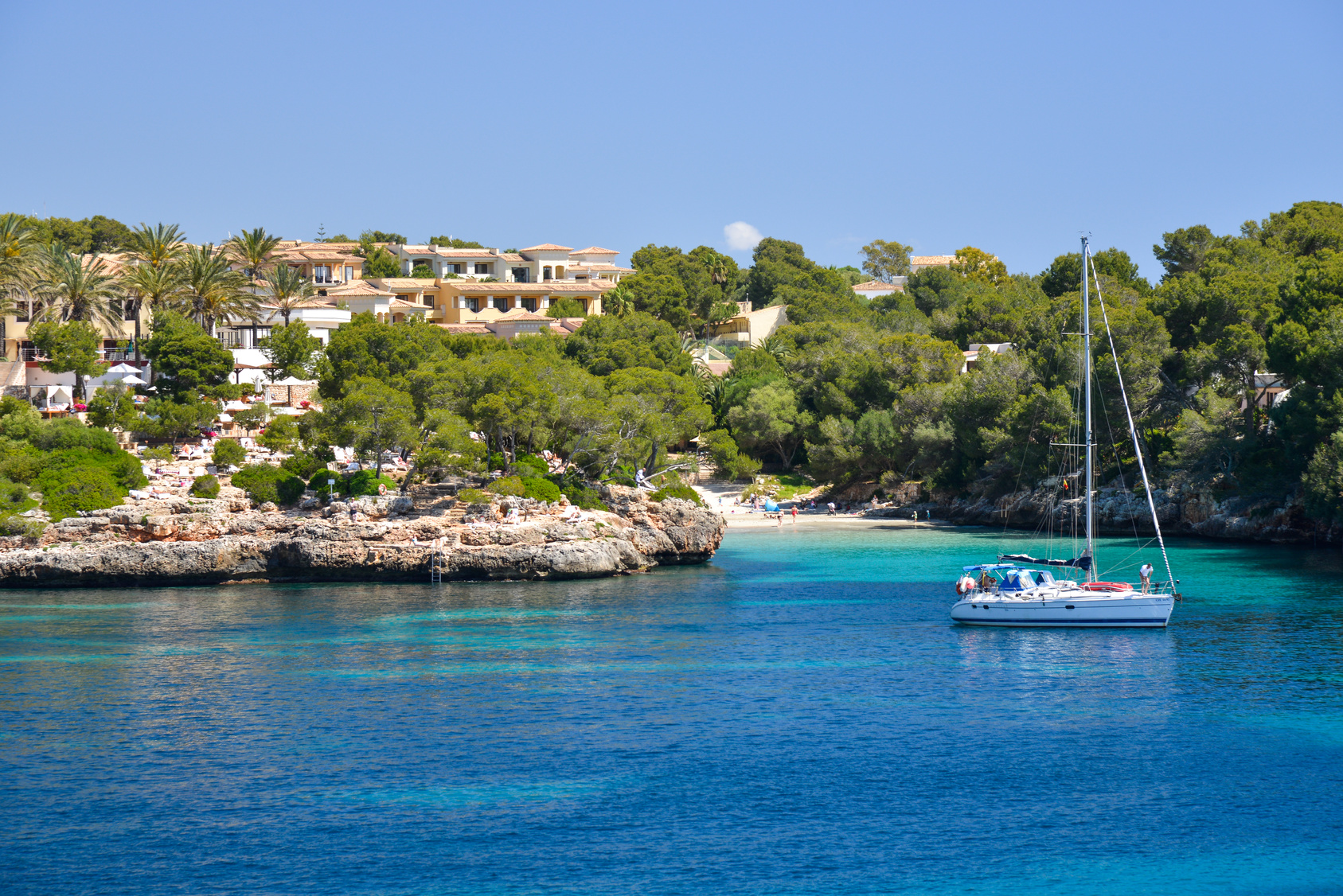Perched high in the French Alps, close to the Franco-Italian border, Briançon has a location to match its dramatic architecture. While the town itself has stood since the time of the Western Roman Empire (when it was known as Brigantium), it was later that its position made it strategically vital that the town be defensible.
With that in mind, it was in the 17th century that Sebastian Le Prestre de Vauban (known to any history buffs as one of the most highly regarded military engineers in French history) had the town rebuilt and fortified after much of it was destroyed by the Duke of Savoy, and it is chiefly these fortifications that attract sightseers to the town to this day.
The Fortifications
The most famous forts of Briançon are the Salettes, which you’ll find overlooking the town: the Three Heads, which you can reach by crossing the Durance river, and the Randouillet fort, which is a little way above the Three Heads. All of these are well worth visiting for anyone interested in history or military defences. The trip to Randouillet is especially worth making, as it requires crossing Asfeld Bridge over the Durance river, from where you’ll have a spectacular view of an Alpine gorge.
For fortifications within the city, have a look at Briançon’s ramparts and the fortified entrances to the city, as well as its historic moat. All of these are also visible from the forts mentioned above.
Other Sights
There are more historical sights to see in the old town. The city boasts a famous church, called the Abbey Church of Notre Dame and Saint Nicholas, whose twin domes tower over the rooftops, and whose sundial overlooks much of the town. Another point of note is the central gutter that runs through the main street of the town: the gutter’s original purpose was to provide a constant supply of water in case of fire, which had played a major part in the damage done to the town.
On top of this there are myriad less famous sights, such as a selection of other historically valuable churches, attractively built houses, charming town squares and even some ornate fountains. If you’re visiting Briançon for the purpose of skiing, it’s highly recommended to spend a day or two exploring the town, making it perfect for a short break from the slopes.
Don’t forget that there’s a new town as well as a new one, so anyone considering visiting Briançon should take a moment to enjoy the restaurants and shops in the newer part of the city.
How to Get to Briançon
Though Briançon may seem like it exists in a century long past, it’s only a short journey away from London. A 90-minute flight can get you to Briançon’s nearest airport, Geneva International. From there, let Shuttle Direct take care of the rest! With a private or shared Geneva airport taxi, you (and you ski equipment) can arrive in Briançon completely hassle-free! Let a qualified and experienced driver handle the mountain roads while you enjoy the scenery – the three-hour drive will take you by some breathtaking views.
Alternatively, you can hire a rental car at Geneva International airport. Avis, Budget, Enterprise, Europcar, and Hertz all have rental operations at the arrivals terminal. Geneva Airport sits on the France-Switzerland border, so remember to rent your vehicle from the French sector of the airport. If you rent a car from the French sector but return it to the Switzerland one, the rental company may charge you a fee.
If you’re keen for a road trip, you can drive from London to Briançon in twelve hours – easily split over two days. If you’re so inclined, extend the drive to take in a few sights along the way, like Reims, Dijon and Lyon. Keep in mind that alpine roads can be slippery or treacherous, so you are required by law to have snow chains in your vehicle. French law also requires drivers to have a breathalyser, warning triangle and at least one reflective safety jacket in the vehicle at all times. The roads through the Alps are likely to be crowded at weekends during the peak season, so you’re best off travelling early in the morning or later at night.
Where to Stay
Apartment Les Voutes – For those who like to take care of themselves, look no further than the Apartment Les Voutes. Tucked nicely into the town, it’s a perfect little window into authentic alpine life.
Le Paradis Apartments – Le Paradis Apartments are spectacularly located and offer privacy and comfort. Meals can be prepared in the well-equipped kitchens, but if you’re not up to cooking on holiday, a continental breakfast can be arranged and brought directly to your apartment every day.
Apartment Pres des Forts – stylish, contemporary and comfortable, Pres des Forts is a bubble of modernity set directly within Briançon’s historic old town. High quality, well-maintained fittings and a well-decorated interior make this a top choice for anyone seeking a luxury apartment.




